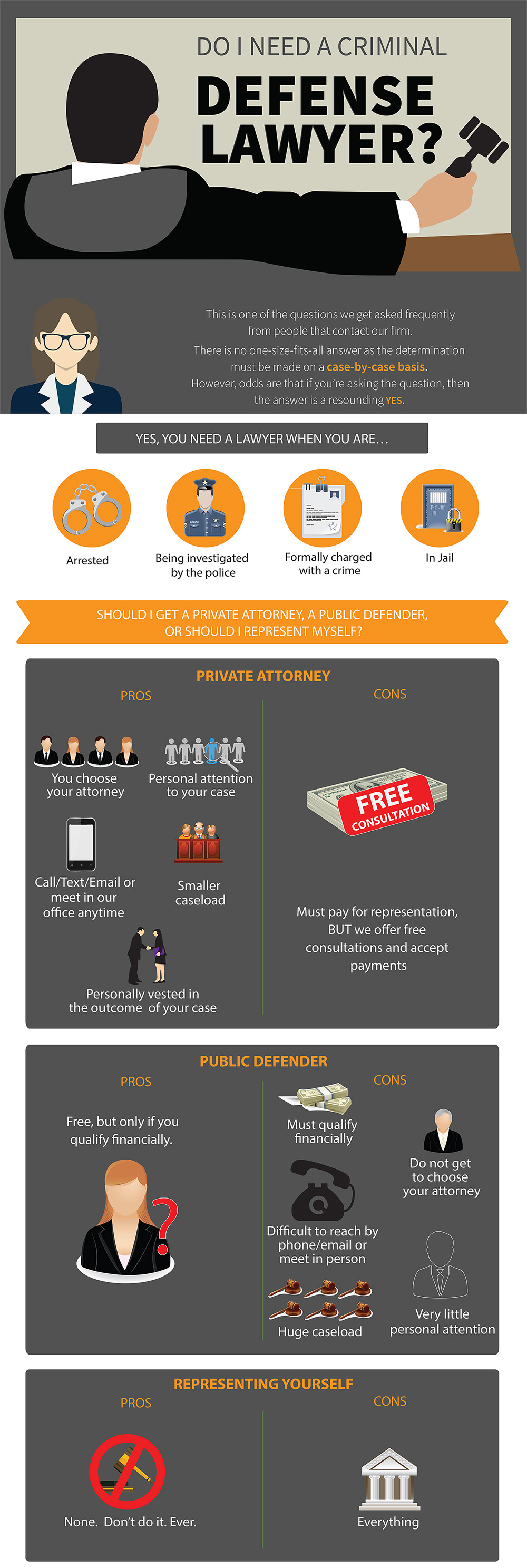Comprehending The Essential Function Of Proof In Criminal Protection Has The Possible To Change Everything; Recognize The Crucial Facts That Could Affect The Outcome Of Your Instance
Comprehending The Essential Function Of Proof In Criminal Protection Has The Possible To Change Everything; Recognize The Crucial Facts That Could Affect The Outcome Of Your Instance
Blog Article
Short Article Written By-Fisher McCormack
When you consider criminal protection, evidence is often the first thing that enters your mind, and for good reason. It's the structure upon which your instance stands, forming the narrative and affecting the court's understanding. Various sorts of proof, from physical to digital, each play a distinct function in establishing a protection. But not all evidence is dealt with equally; admissibility criteria can make or damage your defense approach. Recognizing these nuances is important, specifically when thinking about exactly how they can influence the result of a test. So, what should you understand about these requirements?
Sorts of Evidence
When it comes to criminal protection, understanding the sorts of evidence can make all the distinction in your situation. Proof comes under numerous categories, each playing a critical role in establishing the truths of your situation.
One usual kind is testimonial proof, that includes declarations made by witnesses. Their accounts can supply understanding into what happened and can either sustain or challenge the prosecution's claims.
Physical evidence is an additional critical kind, encompassing tangible things like weapons, garments, or finger prints. This kind of evidence can directly link you to a criminal activity or help negate claims against you.
Then there's docudrama evidence, which includes records, pictures, or any written materials relevant to your instance. These papers can give a timeline or context that's important for your protection.
Lastly, you can't ignore digital evidence, which includes data from smart devices, computer systems, or social networks. This type of evidence can reveal critical info about your tasks or communications.
Admissibility Criteria
In criminal defense, the admissibility of evidence is essential to your situation's outcome. You'll require to understand the criteria that figure out whether proof can be used in court. Typically, evidence has to be relevant, dependable, and obtained lawfully to be thought about permissible.
Relevance indicates the proof must straight relate to the case and help verify or refute a reality at issue. If it does not connect to your protection or the charges against you, it may be excluded.
Dependability makes certain that the proof is legitimate and trustworthy; as an example, eyewitness testament can be called into question if the witness has a background of unstable accounts.
Furthermore, evidence should be gathered based on lawful procedures. Any type of proof obtained through unlawful means, such as an illegal search or seizure, may be deemed inadmissible under the exclusionary guideline.
Recognizing these requirements can encourage you to function efficiently with your attorney. They'll navigate the complexities of these policies to enhance your defense, guaranteeing only the best evidence is presented in your support.
Always keep in mind, the admissibility of proof can considerably influence the court's assumption of your instance.
Effect On Defense Approaches
The admissibility of proof straight shapes your protection techniques. When proof is considered acceptable, you can use it to develop a solid situation. Alternatively, if evidence is ruled inadmissible, you need to pivot your method. Comprehending what proof the prosecution can provide assists you expect their arguments and prepares you to counter them effectively.
You'll wish to concentrate on event proof that sustains your defense. This could include witness statements, professional testimony, or records that challenge the prosecution's cases. The objective is to create practical uncertainty psychological of the jurors. If specific pieces of proof are weak or contentious, you may consider a method that emphasizes various other solid facets of your instance.
Additionally, the kind of proof-- whether it's forensic, testimonial, or electronic-- will determine how you connect your protection. You'll need to craft compelling narratives that resonate with the jury while utilizing acceptable proof to back up your claims.
Ultimately, your approach should be flexible, allowing you to adapt as new proof comes to light or as rulings are made. Each choice you make need to align with the objective of ensuring the very best possible result for your case.
Verdict
In criminal protection, proof plays an essential function fit your case. By recognizing the various types of evidence and their admissibility requirements, you can enhance your defense approach and develop reasonable doubt psychological of jurors. Teaming up carefully with your legal advice makes sure that your proof is presented efficiently and adjusts to any type of brand-new growths during the test. Ultimately, the ideal evidence can make all the distinction in accomplishing a desirable outcome.
